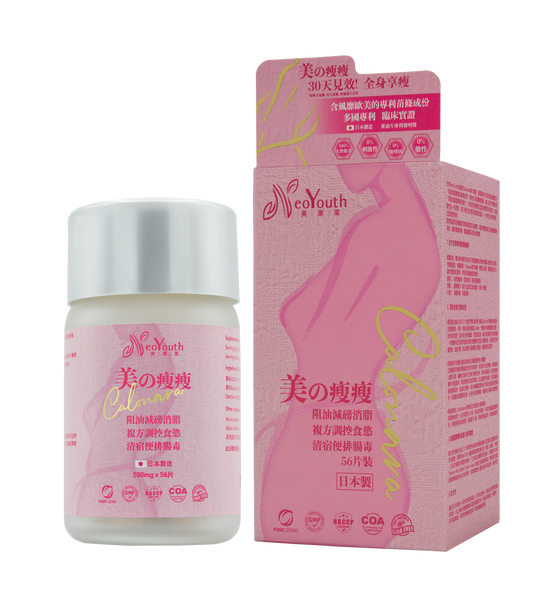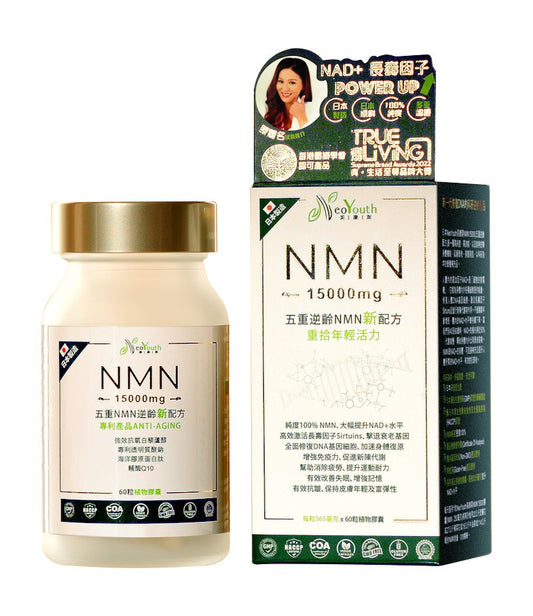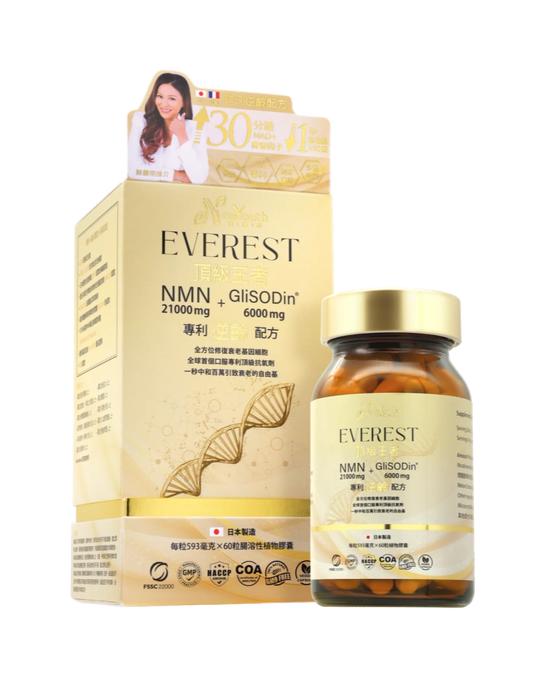In modern society, the importance of good sleep quality for health is undeniable. Sleep is not just rest, but also a crucial process for the body's self-repair and regulation. However, many people face poor sleep quality due to factors such as stress and irregular lifestyles, which not only affects their daily work and life but may also lead to various health risks. Below, we introduce methods for improving sleep quality and promoting deep sleep, as well as products that can help enhance sleep quality.
What constitutes good sleep quality?
According to the National Sleep Foundation, good sleep quality should meet the following conditions:
- Falling asleep quickly: Able to fall asleep within 30 minutes of lying in bed.
- Few nighttime awakenings: Waking up no more than once throughout the night, and being able to fall back asleep quickly after waking up.
- High sleep continuity: The sleep duration is continuous and uninterrupted throughout the night.
- Feeling energetic upon waking: I feel refreshed and my body recovers from fatigue when I wake up in the morning.
To monitor your sleep quality, many mobile apps now offer sleep data tracking features (including wake time, REM sleep, and light and deep sleep duration). Consider wearing a smartwatch for more accurate data; it can also record health parameters such as heart rate changes during sleep, helping to assess your sleep health.
What is deep sleep?
Deep sleep, also known as slow-wave sleep, is the third stage of non-rapid eye movement (NREM) sleep and the deepest part of the entire sleep process. During this stage, the body's heart rate, respiration, blood pressure, and body temperature drop to their lowest levels, the cerebral cortex enters a state of complete rest, and brain metabolism and blood flow decrease by about 25%.
Deep sleep is crucial for the body's repair and the maintenance of the immune system, as it involves the secretion of large amounts of growth hormone, which helps repair tissue cells and promotes muscle and bone growth. Furthermore, while deep sleep only accounts for 15% to 25% of total sleep time, approximately 1 to 2 hours, its quality directly impacts overall sleep quality.
The relationship between deep sleep and sleep quality
Deep sleep is an essential component of high-quality sleep, playing a crucial role for both physical and mental well-being. Sufficient deep sleep helps the brain clear metabolic waste, stabilize memory function, and restore energy. Even if total sleep time meets the standard, insufficient deep sleep can still lead to fatigue and difficulty concentrating. Good sleep quality typically involves longer periods of deep sleep, effectively promoting physical repair and emotional stability. Therefore, increasing the proportion of deep sleep is an important goal for improving overall sleep quality.
Poor sleep quality has many effects.
Besides impacting daily life, chronically poor sleep quality can lead to a range of health problems. When deep sleep is insufficient, the body cannot effectively repair itself, affecting the immune system and increasing the risk of illness. Furthermore, sleep deprivation can impair brain function, causing memory loss, poor concentration, and mood swings. Long-term poor sleep quality may even increase the risk of chronic diseases such as cardiovascular disease and diabetes. Here are some common health risks:
- Hypertension and cardiovascular disease
Sufficient sleep helps lower blood pressure, while insufficient or poor-quality sleep can keep blood pressure at a high level for a long time, increasing the risk of high blood pressure and cardiovascular disease.
- Diabetes and obesity
Insufficient sleep can affect insulin sensitivity. When the body's sensitivity to insulin decreases, glucose remains in the bloodstream and cannot enter cells, leading to persistently high blood sugar levels and increasing the risk of diabetes. At the same time, insufficient sleep disrupts the balance of hormones related to appetite, resulting in increased hunger and making obesity more likely.
- Decreased immunity
During sleep, the body releases proteins that help fight disease. If sleep quality is consistently poor, the production of these antibodies can be affected, making a person more susceptible to illness.
- Mental health issues
Chronic sleep deprivation can lead to mood swings, anxiety, and depression. Insomniacs also have a higher risk of developing depression than those with normal sleep patterns.
Common causes of poor sleep quality
To improve sleep quality, you should first identify the root causes affecting sleep, including:
- Lifestyle habits: Irregular sleep schedules may affect sleep quality; if you are used to using electronic products before bed, blue light may inhibit melatonin secretion and affect falling asleep.
- Psychological stress and anxiety: Stress can interfere with the secretion of brain glands, leading to insomnia or light sleep.
- Environmental factors: Unsuitable bedroom temperature, light, or noise can affect falling asleep and maintaining deep sleep.
- Diet and stimulant intake: Consuming caffeine, alcohol, or sugary foods in the evening can interfere with the nervous system and reduce the proportion of deep sleep.
- Health issues: Sleep apnea, chronic pain, or other conditions can cause frequent awakenings at night.
Methods to improve sleep quality and increase deep sleep
Besides adjusting lifestyle habits, such as maintaining a regular sleep schedule and improving the bedroom environment, choosing appropriate products to help improve sleep quality is also very important. Here are some suggestions to help increase deep sleep and improve overall sleep quality:
- Do not consume caffeine before bed
Avoid drinking caffeinated beverages such as coffee, tea, and cola before bed to prevent poor sleep quality. People who are more susceptible to sleep disturbances should even avoid caffeine intake in the afternoon.
- Avoid strenuous activities before bed.
It's best to avoid using electronic devices before bed to reduce stimulation of the sympathetic nervous system; instead, choose quiet activities such as reading or meditation to relax your mind.
- Improve bedroom environment
Choosing products that suit your sleeping position, such as a suitable pillow and mattress, can reduce the number of times you toss and turn, allowing your body to receive adequate support and relaxation during sleep. In addition, certain sleep-inducing aromatherapy scents and essential oils, such as lavender and chamomile, can help relax the mind and body. Applying essential oils to your pillow or using an aromatherapy diffuser can improve difficulty falling asleep and light sleep.
- Supplement sleep-aiding nutrients
A balanced diet or appropriate use of nutritional supplements can help regulate the body's biological clock and promote deep sleep, thus improving sleep quality. For example:
- Melatonin: helps regulate the biological clock, shortens the time it takes to fall asleep, and prolongs the time spent in deep sleep.
- Magnesium: Relaxes muscles and stabilizes the nervous system, helps improve insomnia and promotes deep relaxation.
- Vitamin B complex: especially vitamin B6, which helps synthesize melatonin and stabilize nerve conduction.
- Valerian Root: A natural herbal ingredient that can reduce anxiety and promote deep relaxation, effectively increasing deep sleep time.
- Ginkgo biloba extract: Improves blood circulation and reduces stress, helping you fall into deep sleep faster.
Product to improve sleep quality: NeoYouth NMN15000+12000Ex Five-fold Anti-aging Formula
In addition to the commonly mentioned sleep aids, NMN has gained significant attention in recent years as a novel anti-aging nutrient, due to its ability to promote cell repair, delay aging, and enhance immunity. NMN is believed to help improve sleep quality and promote overall health and repair capabilities.
Back in 2020, a research team at Keio University in Japan demonstrated that NMN, an ingredient that helps fight aging, is safe and harmless to humans. The research team was led by Professor Hiroshi Itoh, Professor Kazuo Tsubota, Professor Masato Yasui, and Professor Hideyuki Okano, and collaborated with Professor Shin-ichiro Imai of Washington University School of Medicine in St. Louis.
Since 2016, the research team has conducted clinical trials on NMN, and scientific research has proven that NMN is harmless to the human body and can be effectively metabolized in the human body.
NeoYouth's NMN15000+12000Ex Five-Fold Anti-Aging Formula is a product specifically designed for anti-aging, improving sleep quality, boosting immunity, and promoting metabolism. It contains 100% pure, high-quality NMN, effectively helping to eliminate fatigue, accelerate the body's self-repair, and reverse signs of aging. Meanwhile, NeoYouth's Everest premium NMN 21,000mg + GliSODin®️ 6,000mg uses a revolutionary dual formula to help you comprehensively repair aging cells and genes. The product has been certified by multiple authoritative institutions and universities in the United States and Japan, effectively repairing aging cells, brightening skin elasticity, and is proven safe and reliable, giving you a youthful glow.
Good sleep quality is crucial for maintaining health and improving quality of life. In addition to managing daily habits, choosing suitable supplements such as NMN can further help improve sleep quality and achieve deep sleep, allowing you to face each day in optimal condition. If you are suffering from poor sleep quality and are looking for products to improve it, feel free to contact us.





